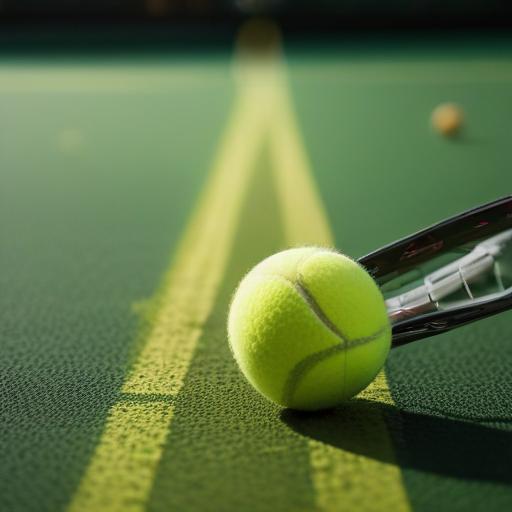Russian teenage tennis prodigy Mirra Andreeva finds herself in the media spotlight once again due to alarming displays of self-directed aggression during matches. Most recently, her second-round encounter at the 2025 Bad Homburg Open against Denmark’s Clara Tauson drew attention after the 18-year-old exhibited troubling behavior. Despite leading the match 5-1 in the third set, Andreeva visibly punched her thighs in frustration following a late-match error, a reaction that startled many fans.
Her match concluded with a score of 3-6, 6-3, 6-1, allowing her to advance to the quarterfinals for the first time on grass, where she is set to face Linda Nosková. However, this incident is part of a broader concerning trend in Andreeva’s career, as she has repeatedly struggled to manage her emotions on the court. This was reminiscent of her emotional outburst during the 2023 Wimbledon, where she was seen hitting her leg after failing to convert break points against Anastasia Potapova, as well as a shocking moment at the 2024 Australian Open where she bit her arm in frustration.
Social media reactions from fans express a mix of confusion and concern, with comments regarding her mental well-being and suggestions that she take a break to focus on self-care. Many are comparing her behavior to that of fellow Russian player Andrey Rublev, who has a history of similar emotional displays during matches. Comments like “Why is Andreeva going through her Rublev phase?” highlight a shared sense of worry among tennis enthusiasts.
Andreeva’s history of on-court emotional outbursts stretches back to her breakout year in 2023. During the French Open, she hit a ball into the stands in frustration, received a point penalty at Wimbledon for racket-smashing, and demonstrated erratic reactions like throwing a ball into the crowd during a final at Indian Wells in 2025. Most notably, at the 2025 Berlin Tennis Open, she was seen losing her temper after a service break.
As the tennis community closely watches Andreeva, there is hope that she can channel her competitive spirit in healthier ways. The support from fans and recognition of the emotional toll that professional sports can take on young athletes may inspire a more constructive approach to managing her frustrations moving forward.
